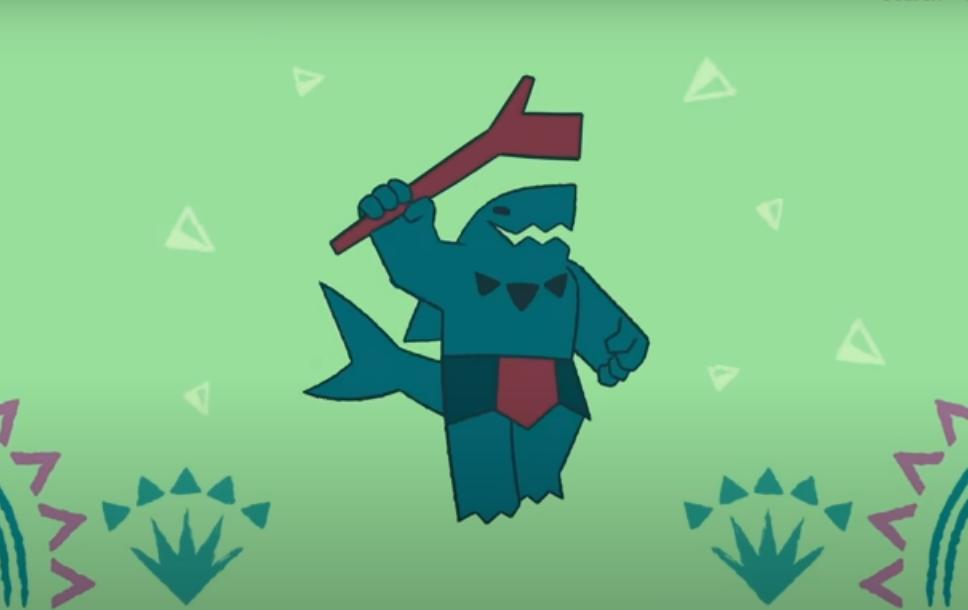On the shores of the Pacific islands, where the sea meets the land, generations of Indigenous communities have nurtured an intimate relationship with the ocean. Their Traditional Ecological Knowledge, passed down through centuries, is a treasure trove of insights into the behaviours and habitats of sharks. Elders share stories of the delicate balance that exists between sharks and other marine life, weaving a rich tapestry of cultural and spiritual understanding that extends far beyond the scope of scientific textbooks. In stark contrast, Euro-centric scientific methodology relies on empirical data, rigorous experimentation, and statistical analysis. Scientists armed with cutting-edge technology and research vessels delve into the azure waters, seeking to better understand shark behavior, migration patterns, and ecological roles (amongst other facets of these predators). These two ‘databases’ have long been kept apart… until now.
Can the convergence of TEK and scientific methodology be done?
Many believe the successful marriage of the two has the potential to revolutionize shark conservation efforts. Collaborative initiatives have emerged, where scientists work hand-in-hand with Indigenous communities to integrate their Traditional Knowledge into research projects. This holistic approach, they argue, not only enhances the depth of scientific understanding but also fosters a sense of ownership and responsibility among local communities.
One striking example comes from Esther Wozniak, who recounts growing up with Traditional Knowledge of nature in Suva: “Since time immemorial, sharks have influenced the folk tales of thousands of Indigenous Pacific Islanders and in Fiji, are revered as “Vu”, ancestral gods and protectors of seafarers. The shark-god Dakuwaqa is a great shapeshifter who protected coastal villagers. Stories about Dakuwaqa are still depicted on commemorative coins throughout Fiji. These stories instill the community with a sense of respect for the ocean and its inhabitants and highlights the pitfalls of greed. The relationship is one built on reciprocity and recognizes interconnectivity. Sharks play a critical role in coral reefs that we as Pacific Islanders rely on. This tracks with Eurocentric conservation efforts that primarily focus on sharks’ ecological importance to the marine environment but goes further to provide a reciprocal, human dimension and two-way relationship between humans and sharks.”
Wozniak, along with Raiana McKinney, have teamed up with TED-Ed to create an informational video that details Dakuwaqa’s quest for power, along with a lesson plan for educators. “I’m Fijian, it’s crazy to see my culture on YouTube! Thanks for the vid, and great pronunciation [by the way],” commented one user who watched the video. Wozniak and McKinney pointed out that very little literature representing these stories are available online and it’s important for young Pacific Islanders to see them represented on a huge world stage, like TED-Ed: “Pacific Island stories are passed down through oral traditions, allowing many variations to flourish across the islands. These stories are not just myths and legends tucked away for stormy night stories, they are a presence in our everyday lives and still influence practices to this day. This video will help provide some insights into how Pacific Islanders view our marine resources as an extension of our being.”
It is that line of thinking that has found TEK to provide a cultural perspective on the interconnectedness between a number of ecosystems, shedding light on the ripple effects of environmental changes. This especially rings true for sharks; over the past two decades, sharks have been increasingly recognized among the world’s most threatened wildlife and hence have received heightened scientific and regulatory scrutiny. “The belief that certain communities are descendants of sharks, on top of their distinct biology, differentiates sharks from other fish. Sharks are revered as powerful creatures but grow slowly, mature late, and produce few young over the course of their long lives – putting them at high risk of overexploitation and slow to recover from depletion. With the onslaught of industrial fishing, it is up to this generation to ensure that these species live on and not just become a figment of our stories,” Wozniak explains.
TEK also can incorporate Euro-centric scientific findings! “I love how this story incorporates shark biology in Dakuwaqa’s defeat! And I love even more that he reformed and became the protector of the islands. It really gives a great insight into the lens of how Fijian people traditionally view these animals,” said one comment about the video. Agreed another: “It’s cool that tonic immobility was known since mythology.” While studying at University of the South Pacific, Wozniak and McKinney cataloged important shark habitats, including juvenile endangered scalloped hammerhead sharks in the Rewa river, an area featured in the video. “While this seemed like a discovery for overseas scientists who helped establish it as a marine protected area, for local villagers, it was a known site for tabu (prohibited fishing zones),” they duo explained. “All of our lab trips began and ended with help from the coastal communities, who taught us more than our transect lines could.”
When asked how they envision the future of shark conservation incorporating TEK alongside scientific research and policy initiatives, the pair was adamant that it starts, continues and ends with communities. “For long term success of shark conservation efforts, it is important to continue investing time and resources into understanding and respecting the wider context of Indigenous and local community partners’ social, economic, and contextual realities. For long term success of shark conservation efforts, it is important to continue investing time and resources into understanding and respecting the wider context of Indigenous and local community partners’ social, economic, cultural, and contextual realities. […] Durable impact is not just listening sessions, or brief consultations at the beginning of the project, its actual partnership with long term commitment and in some cases for overseas organizations, just clearing the space and providing empowering resources for these communities to take center stage in shark conservation efforts will be best.”
While challenges persist, such as the need for mutual respect and understanding between scientists and Indigenous communities, the collaboration between TEK and Euro-centric scientific methodology holds great promise. By acknowledging and respecting the unique strengths of both approaches, the team believe we can forge a path toward more effective and culturally sensitive shark conservation strategies.
Read the full article here





